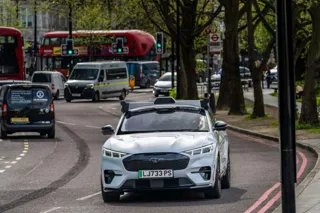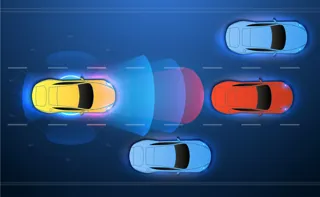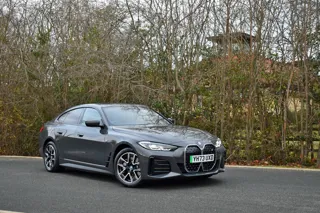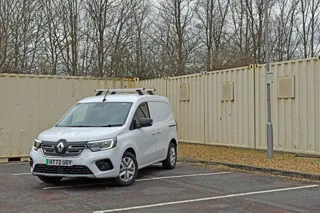Hundreds of thousands of Dart Charge fines issued
One vehicle hire company had vehicles clamped for unpaid fines, claiming the first he knew about the PCNs was when bailiffs arrived.
Dart Charge
7 May
Features and analysis

Is your vehicle livery sustainable?
Fleet livery is an often-overlooked element yet fundamental in establishing a genuinely environmentally-focused fleet.
Racking & conversions
30 Apr
Electric Fleet
Events
Car, van and truck reviews
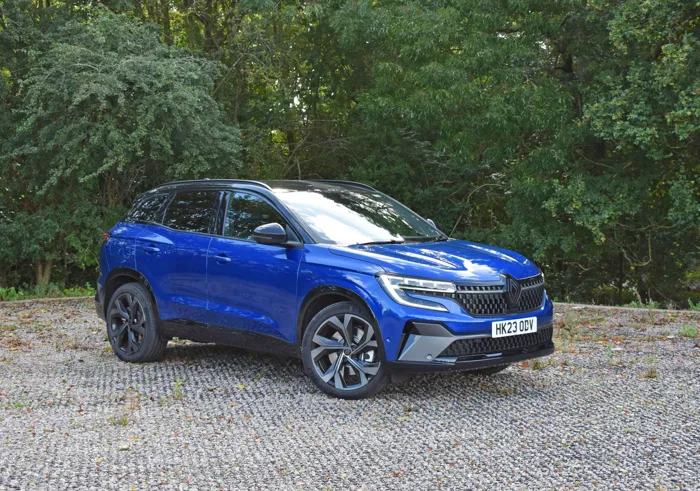
Renault Austral E-Tech Hybrid | Long-term test review
Renault's repositioning towards electrification and quality improvements is evident in the Austral
3 May






